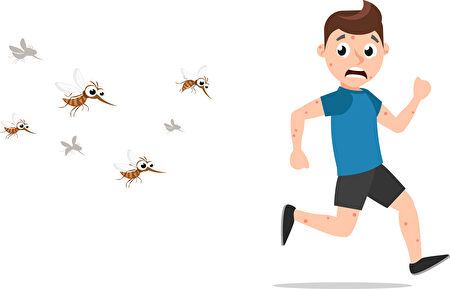Mosquitoes are one of the most annoying insects in the world. They not only buzz at night, but also bite humans, suck blood, and even spread various diseases such as malaria, dengue fever, yellow fever and Zika virus. In many areas, especially in summer, mosquitoes are rampant and annoying. So, when will mosquitoes disappear? Will they disappear completely at some point in the year? Is there a "mosquito-free period"?

This article will conduct an in-depth analysis from multiple angles, including the life cycle of mosquitoes, the impact of temperature on mosquitoes, seasonal changes, and scientific methods to control mosquito swarms, to explore when mosquitoes really disappear and how to effectively reduce their numbers.
Before studying when mosquitoes disappear, we need to understand their life cycle.
The life of a mosquito is divided into four stages: egg, larva (mosquito larvae), pupa and adult, of which the first three stages require a water environment to survive.
Egg (several days to several weeks): Female mosquitoes lay eggs on the water surface or in a humid environment and wait for hatching.
Larva (mosquito larvae) (5-10 days): Mosquito larvae grow in water and feed on microorganisms.
Pupa (2-4 days): Mosquito pupae are not completely still like butterfly pupae, but can move and wait on the water surface to emerge as mosquitoes.
Adult (weeks to months): After emerging, mosquitoes can fly, female mosquitoes suck blood to reproduce, and male mosquitoes feed on nectar and other plant juices.
animal tags: mosquito
We created this article in conjunction with AI technology, then made sure it was fact-checked and edited by a Animals Top editor.